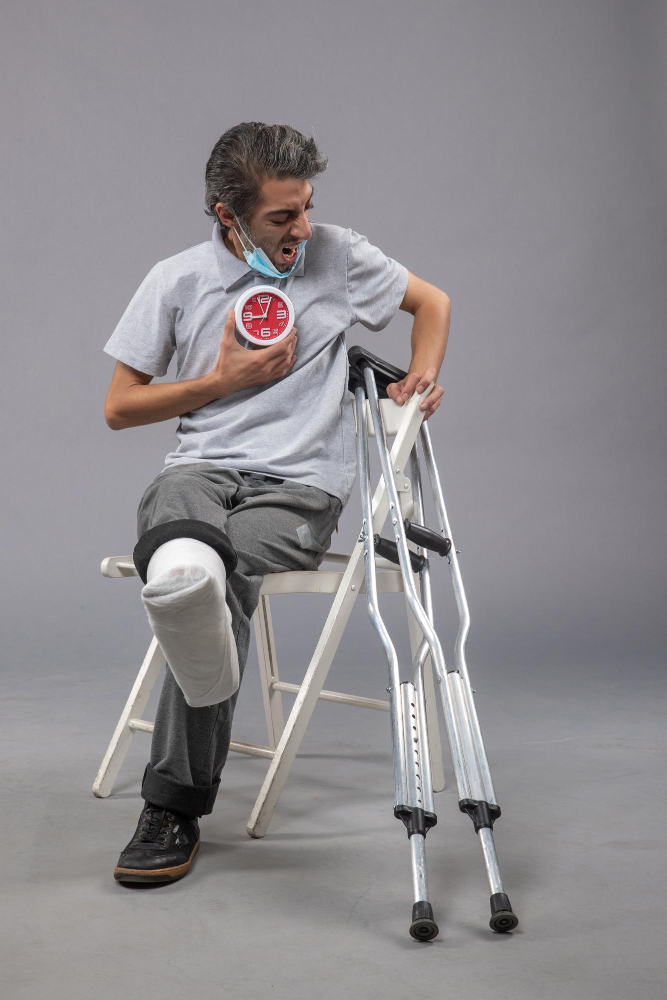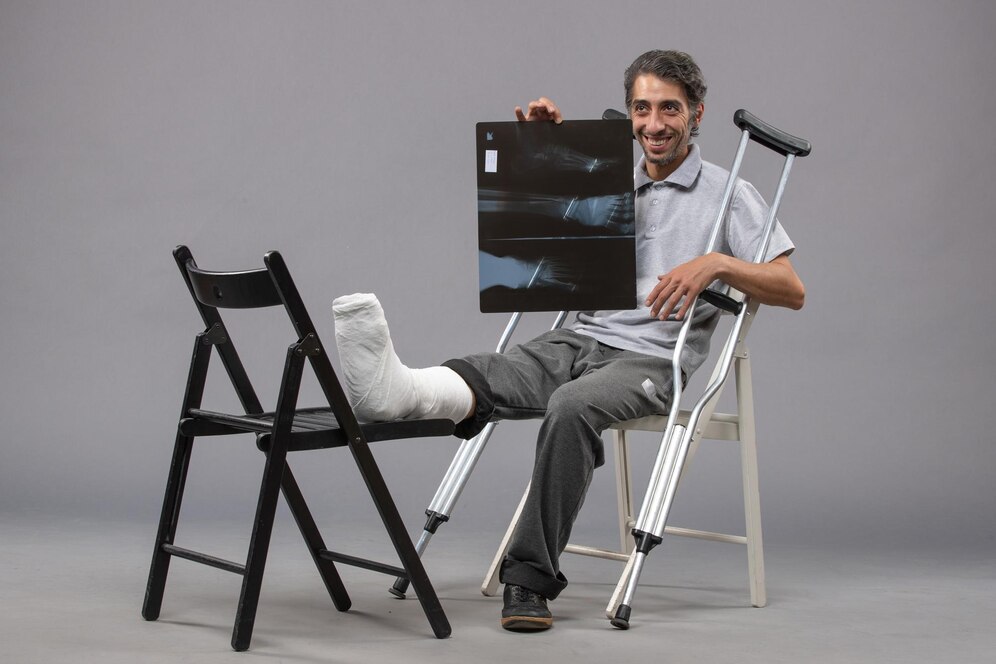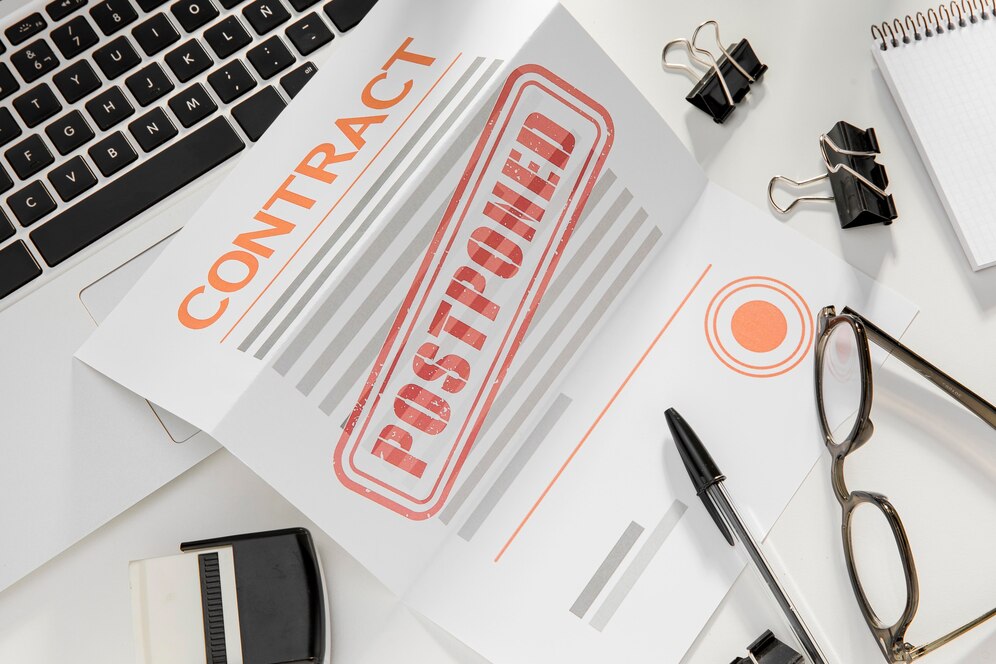Personal Directives
Personal Directive – Plan Ahead with Confidence

What is a Personal Directive in Nova Scotia?
The Personal Directives Act (PDA) (Nova Scotia), allows you to create a Personal Directive and to appoint a person (a Delegate) to give directions and make decisions regarding your personal and medical care if you are unable to do so.
The PDA allows you to give specific instructions about what treatments you will accept or reject and what kind of care you will consent to if you can no longer live in your home. It is important to think about this while you are in good health so that you can make informed decisions before they are needed.
The PDA came into effect in 2010, and is much more detailed than its predecessor, the Medical Consent Act, which has since been revoked. A POA that was created before the PDA came into effect, is still valid, but it might not have as much authority as you are now permitted to give under the Personal Directives Act.
A Personal Directive allows you to appoint a delegate to act for you in many areas, including:
- Managing all aspects of your health, medical care and personal care, including without limitation, my medical treatments, surgeries, hospice, convalescent care, recreational and social activities, nursing home care, palliative care, nutrition, hydration, shelter, clothing, hygiene and my personal safety
- Give consent, withdraw consent, or refuse consent to any care, treatment, service, or procedure when you are no longer capable of doing so yourself
- Provide guidance to your delegate with regard to Living Will provisions for treatment if your death is imminent, and you do not wish to be kept alive by artificial means
Our counsel can help you with the creation of a Personal Directive, or we can assist you if you want to void your old POA for health care and create a more detailed plan.
Client Success Story
FAQs
What If You Do Not Have A Personal Directive?
If you don’t have a personal directive, you lose control over who makes personal and healthcare decisions for you if you become unable. Without a personal directive, Nova Scotia law decides who makes these important choices, usually a close family member. However, this might not be the person you would have chosen. It can also cause disagreements among family members, leading to stress and delays during an already difficult time.
For example, imagine James is suddenly hospitalized and unable to communicate due to an illness. He never made a personal directive. Now his family members disagree about his treatment, and no one is clearly in charge. Had James made a personal directive, he could have selected someone he trusted, saving his family from confusion and arguments.
Having a personal directive in place avoids these issues and clearly identifies who will make decisions on your behalf.
When Does the Personal Directive Take Effect?
A personal directive takes effect when you are no longer able to make your own decisions or communicate your wishes clearly. Usually, this happens if you’re seriously injured, very sick, or experiencing mental health issues that affect your decision-making ability.
What Kinds of Decisions Are Covered by a Personal Directive?
A personal directive covers decisions about your healthcare and personal care when you’re unable to make them yourself. This includes choices about medical treatments, where you’ll live, and everyday personal matters.
Common decisions covered include:
- Medical treatments you want or don’t want
- Where you’ll live, such as nursing home care or assisted living
- Nutrition, hydration, and personal hygiene
- Social and recreational activities
- Safety, shelter, and clothing
- Choosing when to accept or refuse medical procedures
Other Services We Offer

Injury and Insurance

Estate Planning

Estate Administration / Probate
Our team of lawyers can guide you through every step of the Probate process whether, there is a valid Will, and we make sure that all time limits are met and documents...

Family Law

Civil Litigation
Litigation is the process of taking legal action through a proceeding or lawsuit. In addition to Injury and Insurance litigation, LaViolette Law represents both plaintiffs and defendants in other matters...

Other Legal Advice
Latest From Our Blogs
Why Hire a Car Accident Lawyer? 7 Reasons It’s the Smartest Decision
Car accidents bring more than just vehicle damage—they bring stress, uncertainty, and unexpected expenses. If you're wondering why hire a car accident lawyer, you’re not alone. A car accident can leave you dealing with painful injuries, medical...
What to Do After a Car Accident in Nova Scotia: A Step-by-Step Guide to Stay Safe and Covered
Introduction A car accident can happen in an instant, leaving you stressed and unsure of what to do. Knowing what to do after a car accident in Nova Scotia will help you stay calm, protect your legal rights, and simplify the insurance process....
Should I Hire a Lawyer for a Minor Car Accident? Here’s What You Need to Know
Introduction Should I hire a lawyer for a minor car accident? It’s a common question after small collisions. At first, it might seem straightforward—no obvious injuries, no major damage. But small accidents can lead to hidden problems. Delayed...





